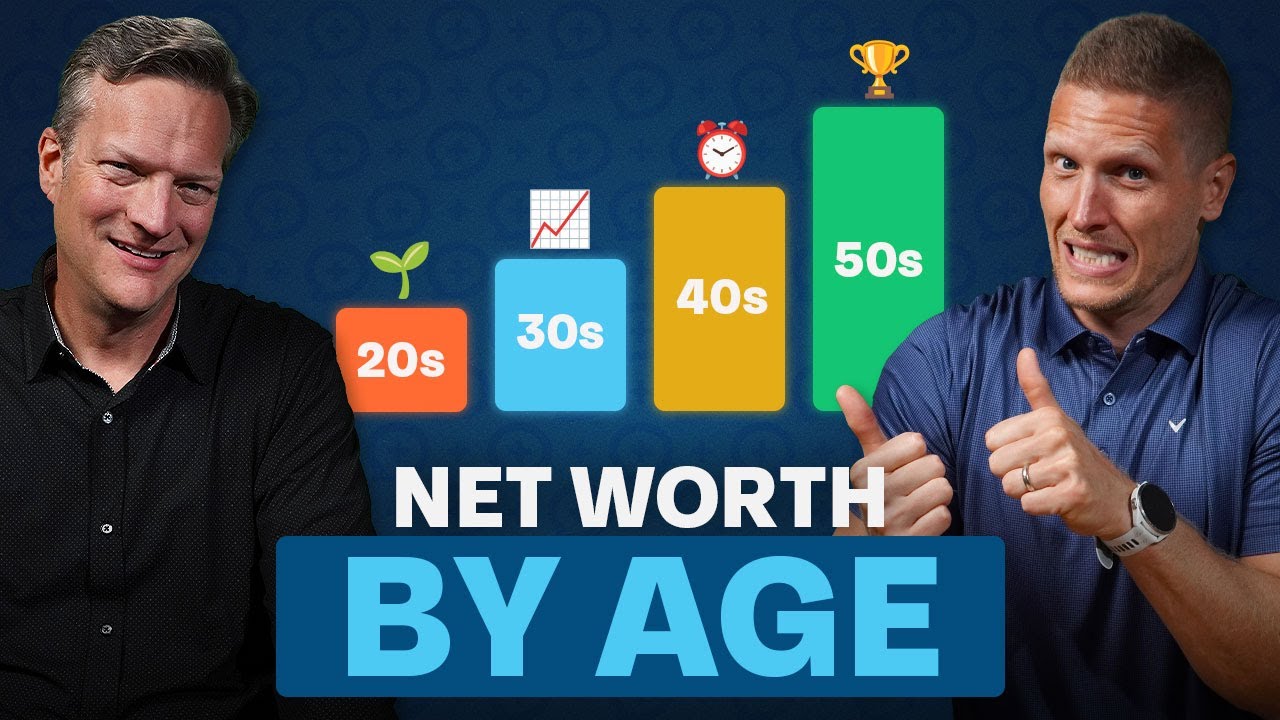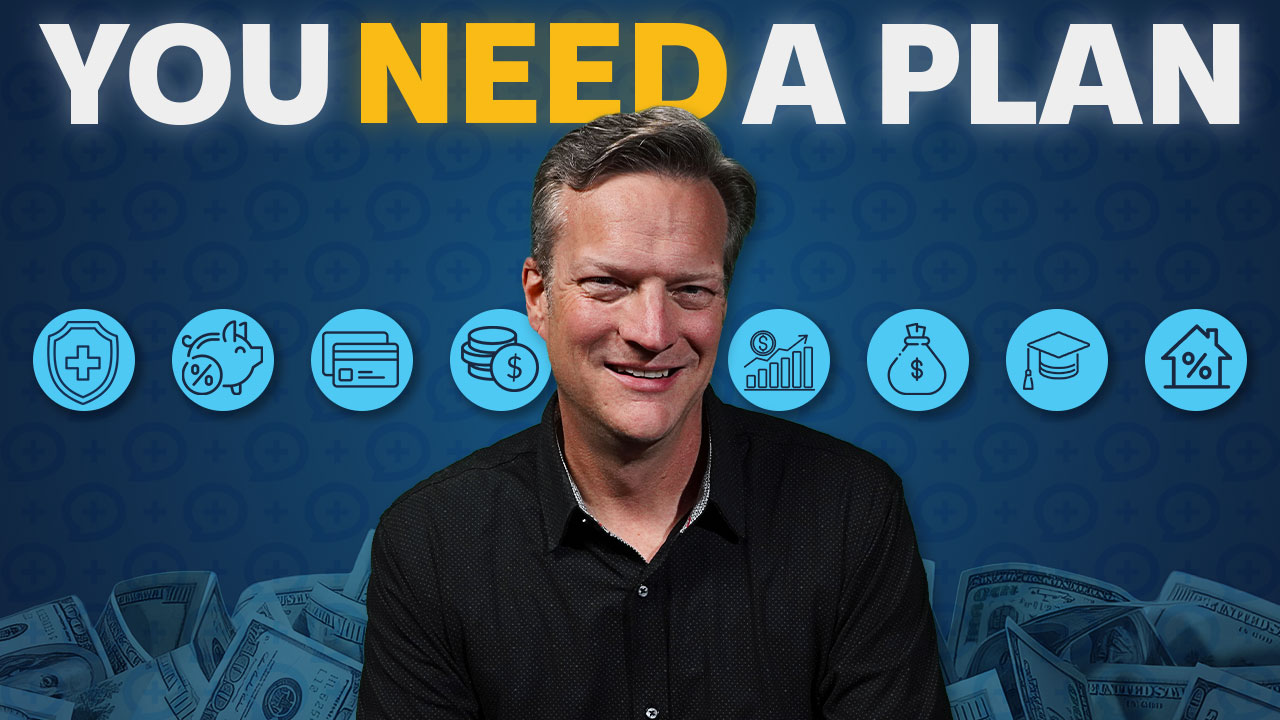Morton Matt D has a question. What career fields do you guys see most often among those who can max out their 401ks and IRAs? Because he knows you guys are financial advisors. Like, do you see any correlation with actually maxing out and professions?
It's a great question. Yeah, I don't think I've ever gotten that question. I mean, I can tell you the answer. It's a lot. It's a lot of the STEM stuff. Like, a lot. A lot of the STEM career fields. So, if someone is in engineering, accounting, architecture, you know, it's often those. When you look at the boards, it's like college majors with the highest ROI. A lot of those top ten, those actually tend to be the career fields that naturally lead to larger incomes. And with larger incomes, does it always lead to more savings? But for folks who are making wise financial decisions and are financial mutants, it's not uncommon to say they're the ones who are doing the foo. They're the ones who are getting deep into step 789 because they are able to max out their HSAs, max out their Roth IRAs, max out their 401ks.
Yeah, I would challenge you to do a skills assessment. If you are, I'll just say it because I represent, if you're nerdy, if you're good at math, if you're good at stuff like that, I was always good at that stuff. So I did accounting, and I think engineers have the same thing. That's the easy path because you can go and you can make a great income, and you can start stacking. But there's a lot of you out there that you're probably watching this because I see you in the comments section. You're like, "How about that?" Because I went on a rant about luxury cars, and I was shocked at how many of the comments were about, "Well, if he just does the work himself, he would." So a lot of you are handy. And I would tell you, if your skill set is not that, it's not me. I'm not working. I'm not changing that. I'm not out there doing that. But it is one of those things where I think about all of our clients that own, like, an exterminator business or own an air conditioning repair company or are in construction or do you know? There are a lot of people. It doesn't have to be just through STEM and traditional college. Matter of fact, some of our bigger clients went to, like, community college to learn how to code. Yep. I mean, think about that. Think about something and went and created something that then was sold for a gazillion dollars. And a lot of it, and it's so fun to be around a husband and wife and to hear the wife, you know, when friends, and she says when she started dating and be like, "Yeah, I just knew he could do it." You know, he went on the journey. And it's just that type of stuff.
So, Martin Matt D, I don't know if it's your rapper name or what, but it's, um, I hope I gave it justice. But it is one of those things where I think that everybody has a path, you know? I think about that. I also have a client. He was very successful, um, kind of in the architectural and other skills-based fields. But he has children, some, you know, all different facets. Some in traditional blue-collar, several in white-collar. And all of them turned out to be pretty successful. And he just, I asked him, I said, "What are you doing?" He says, "I told my kids, 'Figure out what you can be in the top 5 percent in the world at with your aptitudes and talents, and then go after it hard.'" You know, I think it's because you think about haircuts, you know? Haircuts. I remember when they were five dollars. Now they're probably getting close to 20 bucks or whatever. But I have somebody coming because we're doing this book stuff and things. I know I'm going to spend hundreds of dollars for this person that's coming to do this consult. And I'm like, this is a person who cuts hair. But they are so good at their professional expertise that they're going to make a huge premium. Um, because this is what the folks surrounding me tell me we have to do at this moment in time. And it ties back into that conversation with that client who says, "Be the best in the world." You know, it's something. Figure out what your town, the intersection of the market, your talents, and your passions, and you will prosper beyond your imagination. Just like we humans, we think linear. If you can have that intersection moment, you'll have exponential opportunity. Um, down the road. So, that's what I would tell people. So that way you don't feel like you're pigeonholed into just the boring. Because a lot of you go self-assess and be like, "Well, I'm not good at that stuff." And that's okay. You just have to go figure out where it's the market intersect with your talent and your passions. And I think there's something out there.
I don't want to that is you don't be wealthy though. Maybe you're not someone who's maxing out your HSA, it's a great point, and your 401ks. But you're just a consistent, diligent, disciplined saver who knows how to live on less than you make. There's a good chance that you're on your path to wealth. We have a number of clients like Brian said that we're educators. You're in a field like that who have multi-million-dollar portfolios, yeah, multi-million-dollar portfolios. Not because they had some huge income. Not because they just had this crazy big shovel. It's because they were really, really disciplined. And even though they might not have been maxing out those accounts, they were just saving consistently for a long, long period of time. And their money literally worked harder than they were. So, even if you're not in one of these fields and even if you're doing something maybe that you love or you feel called to but you're not making a gazillion dollars, that does not mean that wealth is not attainable for you. You just have to figure out how to squeeze the ingredients that you're working with. So remember, it's back to the three ingredients of wealth building. You're going to use discipline to live on less than you make. That is going to create savings, which is money. But then you're going to put it to work by investing it and giving it enough time, the third component, and that is what creates your army of dollars. And then you combine that with abundance. It's wealth plus purpose, and the rest is all on you. For more information, check out our
free resources.











